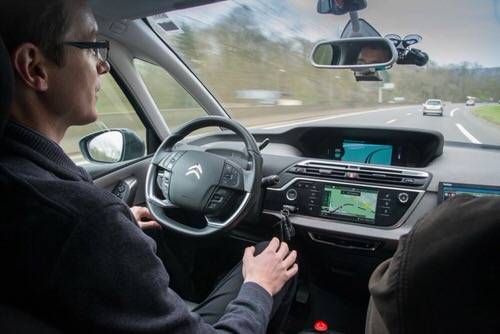European automakers and telecom firms have asked the EU Commission to fund a four-year driverless project, which will take place across several EU countries.
It is the first cross-country driverless project in Europe, backed by Orange, Deutsche Telekom, Ericsson, BMW, and Renault, alongside other firms associated with ACEA, CLEPA, ETNO, ECTA, and GSMA.
See Also: Accenture sees nearly half of cars autonomous in 25 years
The tests would focus on switching wireless networks, internet speeds, and conditions on the road. It could provide new data on how fast internet speeds need to be for an autonomous vehicle to function properly, and create a system for autonomous vehicles to work offline.
The consortium is hoping that alongside the funding, the EU commission provides regulatory advice for autonomous vehicles on the road. Currently, the commission has a few autonomous projects, and has gave mixed signals on what firms are allowed to do on public roads.
EU falling behind some of its member states
Some countries, like the U.K., have decided to skip the EU entirely and announce their own regulations. Germany may be looking to do the same in the near future.
EU oversight is necessary since a lot of Europeans travel by car on holiday to other EU countries. If the car suddenly cannot function outside of their home country, tourism rates may fall and accidents on the road may rise.
Most EU officials seem enthusiastic about the onset of autonomous vehicles as a way of lowering the amount of deaths of the road every year, but the lack of a concrete regulations from the commission has forced some firms to stick to a single test country, like PSA Groupe in France.
Currently, the EU permits autonomous vehicles at Level 3, or “hands off”, for road tests. Tesla’s AutoPilot, which had its first fatal accident last week, is available on the roads, but anything more advanced is illegal.


















